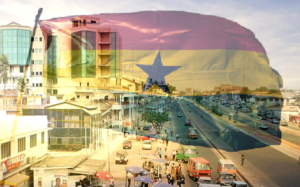African Energy Chamber’s G20 Forum: Focusing On Africa’s Leap Toward Integrated Energy And Infrastructure Transformation
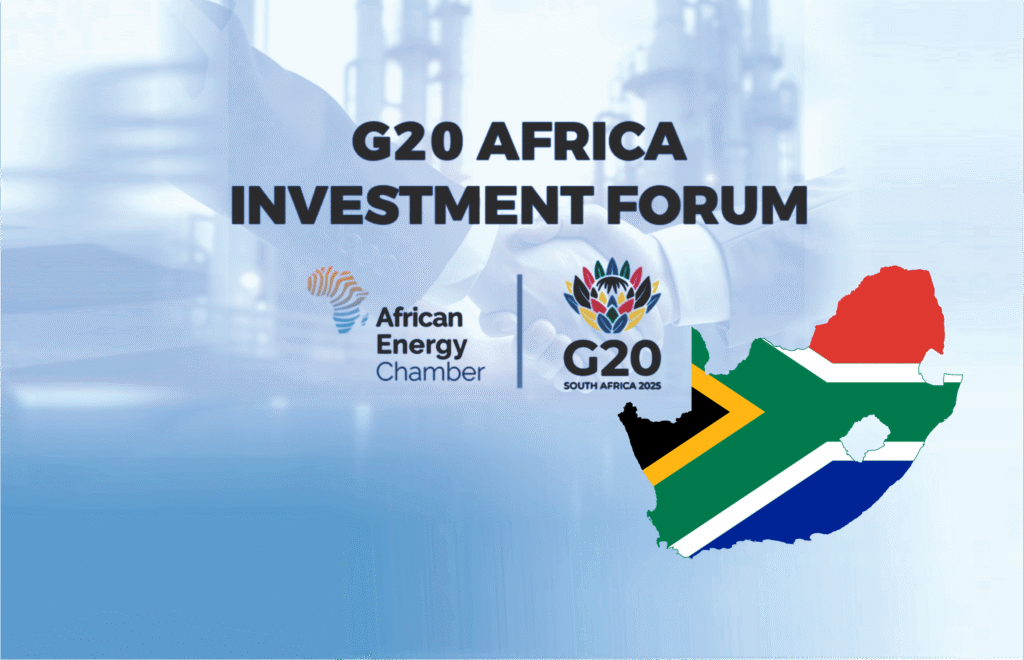
As global investors and policymakers converge on Johannesburg for the G20 African Energy Investment Forum on November 21, 2025, one session in particular is set to capture the continent’s growing ambition: “Scaling Large-Scale Energy & Infrastructure.” Hosted by the African Energy Chamber (AEC), the panel will explore how Africa can attract capital and build the massive energy and infrastructure systems needed to power its next chapter of growth.
Behind the conference stage lies a socioeconomic story of transformation that touches families, communities and entire regions. Across the continent, from Senegal’s rural towns to Nigeria’s industrial corridors, reliable electricity remains the difference between subsistence and sustainability. As households await stable power for schools, clinics and local businesses, large-scale infrastructure investments are no longer just a technical priority; they are a social necessity.
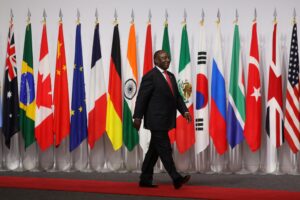
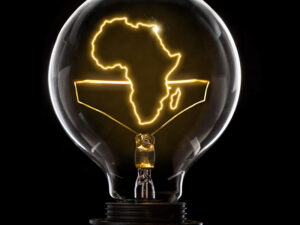
In West Africa, the Gambia River Basin Development Organization, supported by the African Development Bank, is already showing what scale looks like: an €880 million, 1,677-kilometre transmission project connecting The Gambia, Guinea, Guinea-Bissau and Senegal. This effort demonstrates how regional cooperation can weave together economies, cultures, and energy systems once separated by geography and policy. Similar cross-border ventures could redefine African solidarity in tangible, everyday terms, through delivering electricity to in homes and powering factories.

The AEC’s strategic panel will tackle some of the thorniest questions in energy development:
- How can countries balance intermittent renewables with stable base-load and storage?
- What policy models make mega-projects bankable for both public and private investors?
- Can regional integration yield economies of scale that improve affordability and energy security?
- And crucially, how can Africa blend solar, geothermal, hydro, and even nuclear power to achieve net-zero growth?

These are not abstract policy issues. These issues will determine whether African children study with candle-light or under a powered classrooms; whether local entrepreneurs can process food, run machinery, or create jobs with stable electricity assured. Large-scale energy infrastructure is the bridge between ambition and impact cut-across these social elements.
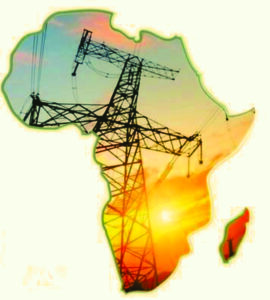
The conversation in AEC, will culturally breed a shift in Africa’s self-sufficient narrative. Taking her away from being a continent waiting for aid, to a continent driving its own industrial destiny. And politically, the conversation will paint how energy access and climate responsibility are becoming intertwined in national strategies. Besides, for the African people, it will point to a quieter revolution that reduces energy poverty, provides cleaner air and engineer the hope of inclusive prosperity.


